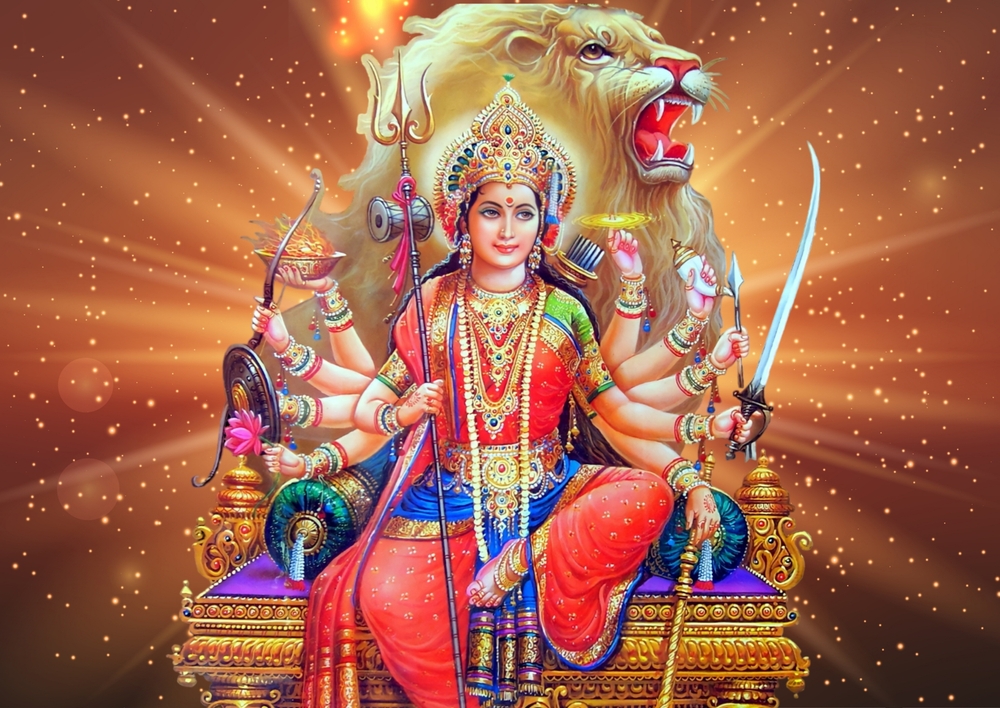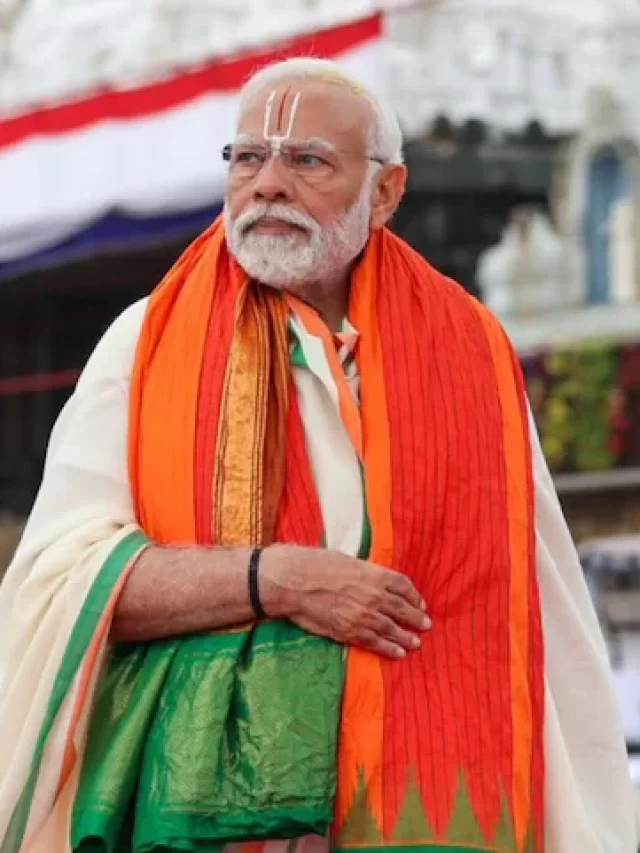Mahagauri, the eighth form of Goddess Durga, is worshipped on the penultimate day of Navratri. Her name, Festival of Mahagauri means “extremely fair,” symbolizing purity, peace, and compassion. As the eighth avatar of Goddess Durga, Mahagauri embodies tranquility and wisdom, making her a beloved and revered deity among devotees. The festival dedicated to her during Navratri is a time of prayer, fasting, and spiritual reflection.
Mahagauri

In Hindu mythology, Mahagauri is the serene and beautiful form of Goddess Parvati. After performing intense penance to attain Lord Shiva as her consort, her body became dark and covered in dust. Moved by her devotion, Lord Shiva bathed her in the sacred waters of the Ganges, restoring her body to a radiant, fair complexion. This transformation symbolizes the purification of the soul through devotion and austerity.
Mahagauri is often depicted wearing white clothes and riding a bull, which is why she is also known as Vrisharudha. She holds a trident (trishul) in one hand, symbolizing strength, and a tambourine (damaru) in another, representing the cosmic dance of creation and destruction. Her gentle appearance represents the peaceful and compassionate nature of the divine feminine.
Significance of Mahagauri in Navratri
Navratri, the nine-day festival dedicated to the worship of Goddess Durga, celebrates her nine different forms. On the eighth day, known as Ashtami, Mahagauri is venerated for her ability to remove suffering and grant purity and peace to her devotees. She is believed to bless her worshippers with prosperity, wisdom, and a serene mind.
Mahagauri’s worship holds immense spiritual significance as she symbolizes the end of the soul’s spiritual journey through life’s trials, granting purification, peace, and relief from all suffering. Devotees pray to Mahagauri for forgiveness, inner purification, and the removal of obstacles in their path to spiritual growth.
Rituals and Offerings for Mahagauri
On the eighth day of Navratri, devotees perform special rituals to honor Mahagauri and seek her blessings. The day often begins with bathing and wearing fresh clothes, symbolizing purification. Temples dedicated to Mahagauri are decorated with flowers, and special prayers (pujas) are performed in her honor.
Devotees offer white flowers, sweets, coconuts, and other sacred items during the puja. In some regions, devotees also light oil lamps and recite mantras like “Om Devi Mahagauryai Namah” to invoke her blessings of purity and inner peace.
A significant tradition associated with the worship of Festival of Mahagauri is the Kanya Puja or Kanjak Puja, where young girls, representing the goddess, are worshipped. Devotees wash their feet, offer them food, and seek their blessings, acknowledging the divine feminine energy within them.
Fasting and Spiritual Practices
Many devotees observe fasting on the day dedicated to Mahagauri. Some choose to abstain from food altogether, while others consume only fruits or light meals. Fasting is a form of devotion, meant to purify the body and mind and focus entirely on spiritual practices and the worship of the goddess.
Meditation, mantra chanting, and reflection on spiritual values are important aspects of this day. The energy of Mahagauri is believed to help devotees cleanse their inner selves, fostering a state of peace and detachment from worldly distractions.
Celebration Across India
The celebration of Mahagauri during Navratri is particularly significant in northern India, where her day is marked with great enthusiasm and devotion. Temples are filled with devotees offering prayers, performing aarti (a ritual of worship with light), and singing bhajans (devotional songs). Special cultural programs, including folk dances and recitations of the goddess’s stories, are also organized in many places.
In regions like West Bengal, where Durga Puja is a grand festival, Mahagauri is worshipped as a part of the larger Durga Puja celebrations. On the eighth day, people gather at pandals (temporary shrines) to offer prayers to her, with the hope of invoking her blessings for peace, prosperity, and good health.
Spiritual Lessons from Mahagauri
Mahagauri’s presence in Navratri is a symbol of inner transformation and purification. Just as she regained her radiance through her devotion and penance, devotees are encouraged to purify their hearts and minds. Her worship serves as a reminder that spiritual purity comes through patience, devotion, and a compassionate approach to life.
Mahagauri also represents the goddess’s role as the bestower of liberation (moksha). She frees her devotees from the cycle of birth and death by removing negative influences and bestowing clarity and peace of mind. This form of Durga encourages individuals to reflect on their spiritual journey, seeking freedom from ego and worldly attachments.
The festival of Mahagauri, celebrated on the eighth day of Navratri, holds profound spiritual and cultural importance. As the Google goddess of purity, peace, and compassion, Mahagauri’s blessings are sought by those who wish to rid themselves of inner darkness and embrace a life of virtue and spiritual growth. Her serene and compassionate energy guides devotees toward peace, wisdom, and divine grace.
The celebration of Mahagauri during Navratri is not just a religious observance but a time of reflection, purification, and inner transformation. By invoking her divine blessings, devotees hope to gain strength, wisdom, and the purity of heart to lead a life of balance and peace.



